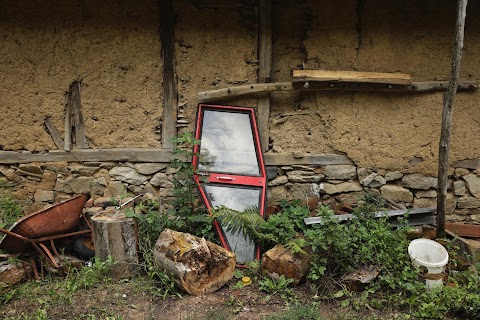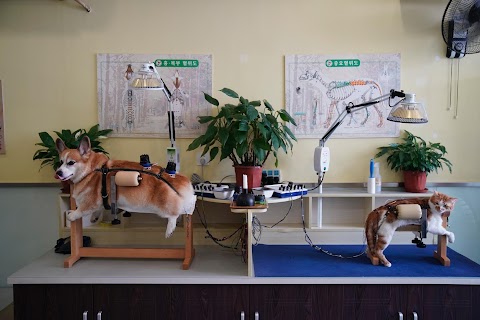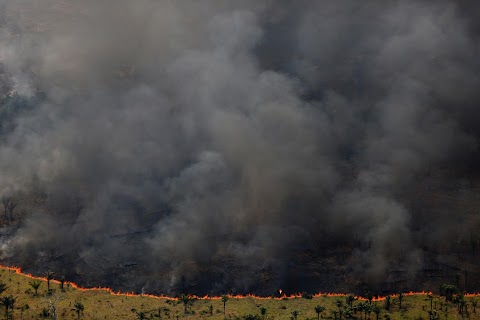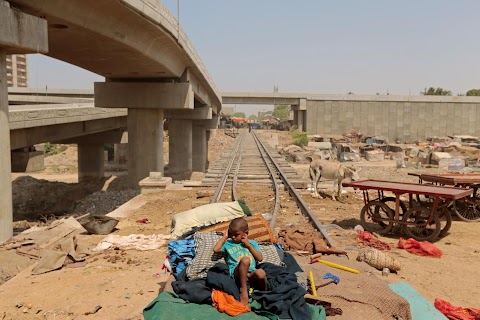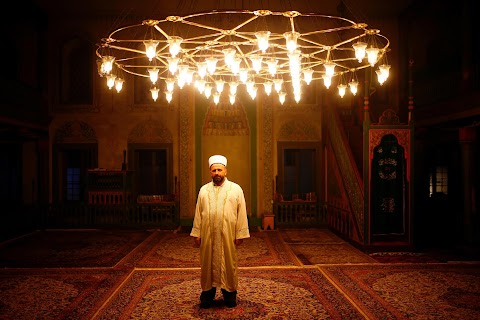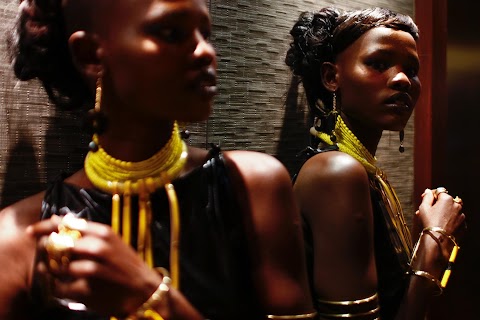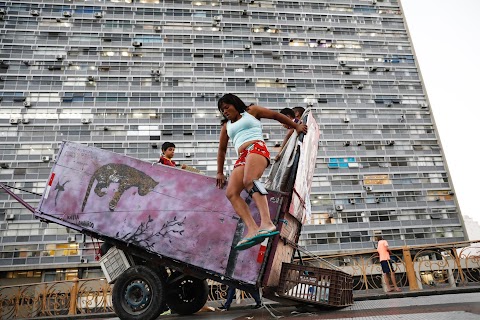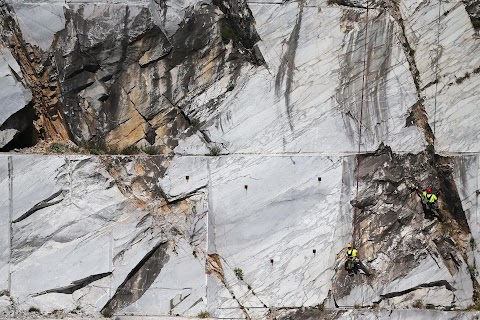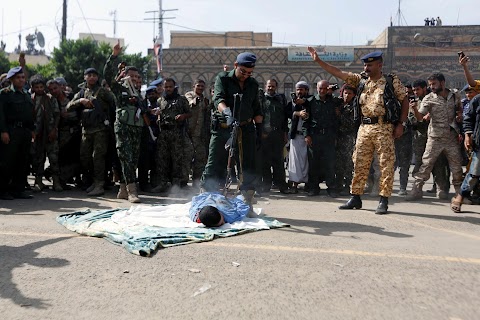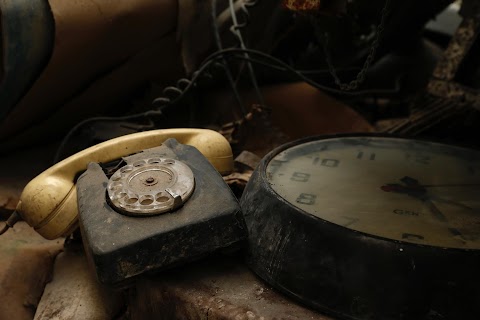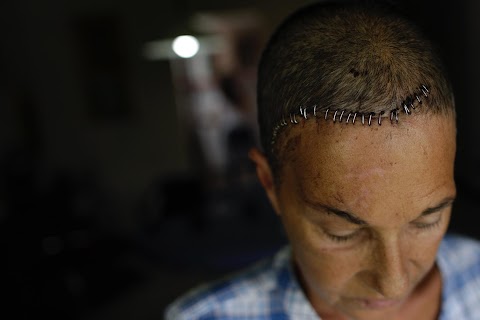
Injured Venezuelan activists struggle to heal
Advertisement
Jesus Ibarra (below), a 19-year-old engineering student, has been barely able to walk or talk since a tear gas canister crushed part of his skull during a protest against President Nicolas Maduro and he fell unconscious into a river that carries sewage.


Yolyter Rodriguez, 56, a housewife and a mother-of-three, said she was struck in the face by a tear gas canister on April 23, 2017, causing skull fractures and brain damage. "I protest against hunger, for freedom and for several other reasons. But that fight is political, I'm against almost everything this government does," she said. "It's worth it. I try to see things in a positive way despite my appearance and that I'm not the same anymore. I’m a little sad and angry about that, but I'm still in the streets protesting, despite my physical condition. We cannot give up."

Jofre Rodriguez, 18, said his jaw was fractured by a gunshot on June 26, 2017. He underwent surgery to remove a projectile that was lodged in a vertebra but he still needs treatment and jaw reconstruction surgery. "This constituent assembly is a perversion meant to consolidate them (the ruling party) in power. I'm protesting against that. It saddens me to see my country like this. With Chavez, we had a dictatorship with a 'political leader,' with Maduro we have a political disaster," he said. "I'm only 18 years old, but I'm living through the decline of Venezuela. Was it worth it? Yes, like those who died, what happened to me was a sacrifice that has inspired many people in the struggle."



Relatives of 18-year-old Oscar Antonio Navarrete said he was hit in the chest by a tear gas canister on May 18, 2017. He lost consciousness and his heart stopped for several minutes. He cannot walk, suffers short-term memory loss, severe motor sequelae and has cerebral edema - an accumulation of fluid in the brain. Today, he lives in a hospital and needs rehabilitation and treatment by specialist doctors including neurosurgeons, speech therapists and psychologists. Oscar's mother says her son was angry about crisis in the country, and protested because it affected everyone. "It was worth it, because none of this will be forgotten. The world needs to see all this, I have faith that things will change," said Navarrete's mother Elizabeth.

Najhud Najhla Colina, 23, said she was hit by an armoured vehicle and detained on June 18, 2017, sustaining injuries in her right leg. She said, police dragged her by her hair and beat her with their shields. "I'm protesting for my right to live in a free Venezuela. I protest for the love of my country, for the right to stay here and not have to leave because I have nothing to eat," she said. "Yes, it was worth going through it, despite the physical pain, I think everyone can see that Venezuela is no longer a democratic country."
Story
Protests have subsided since Maduro's government established a controversial legislative superbody three weeks ago, but hundreds of Venezuelans are still struggling to nurse their wounds without medicine and state support.

David Osorio, 21, an English teacher and a student, said he was struck by a tear gas canister on July 7, 2017, fracturing his skull and leaving him blind in his right eye. He uses a temporary prosthetic eye while seeking specialist treatment. "I have been protesting since 2014. During the last few months, I was actively participating in all the marches, because things have gotten worse and I am against the policies of this government."




